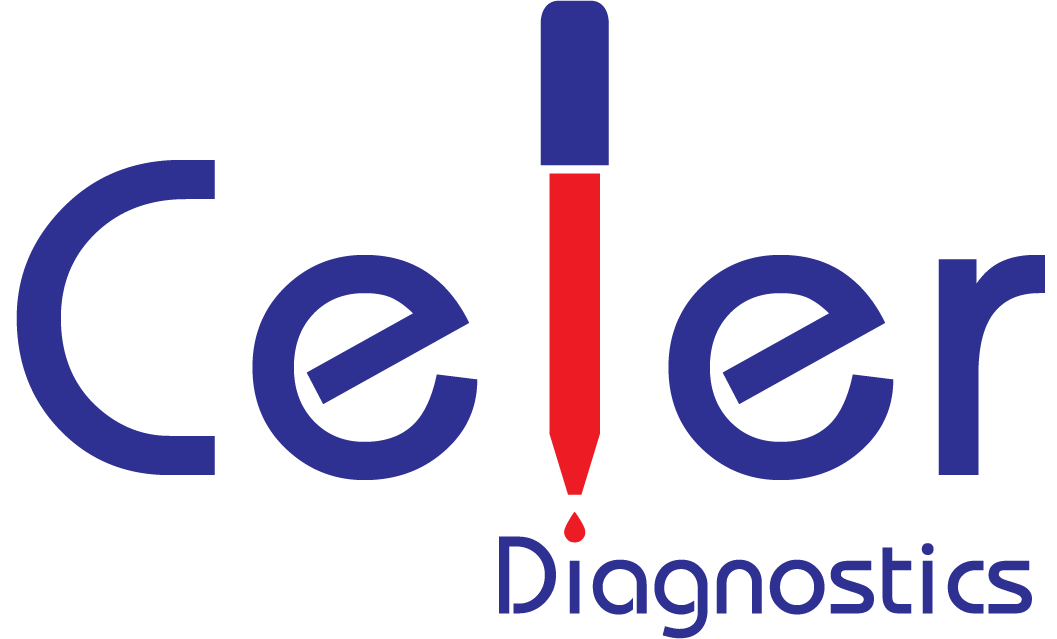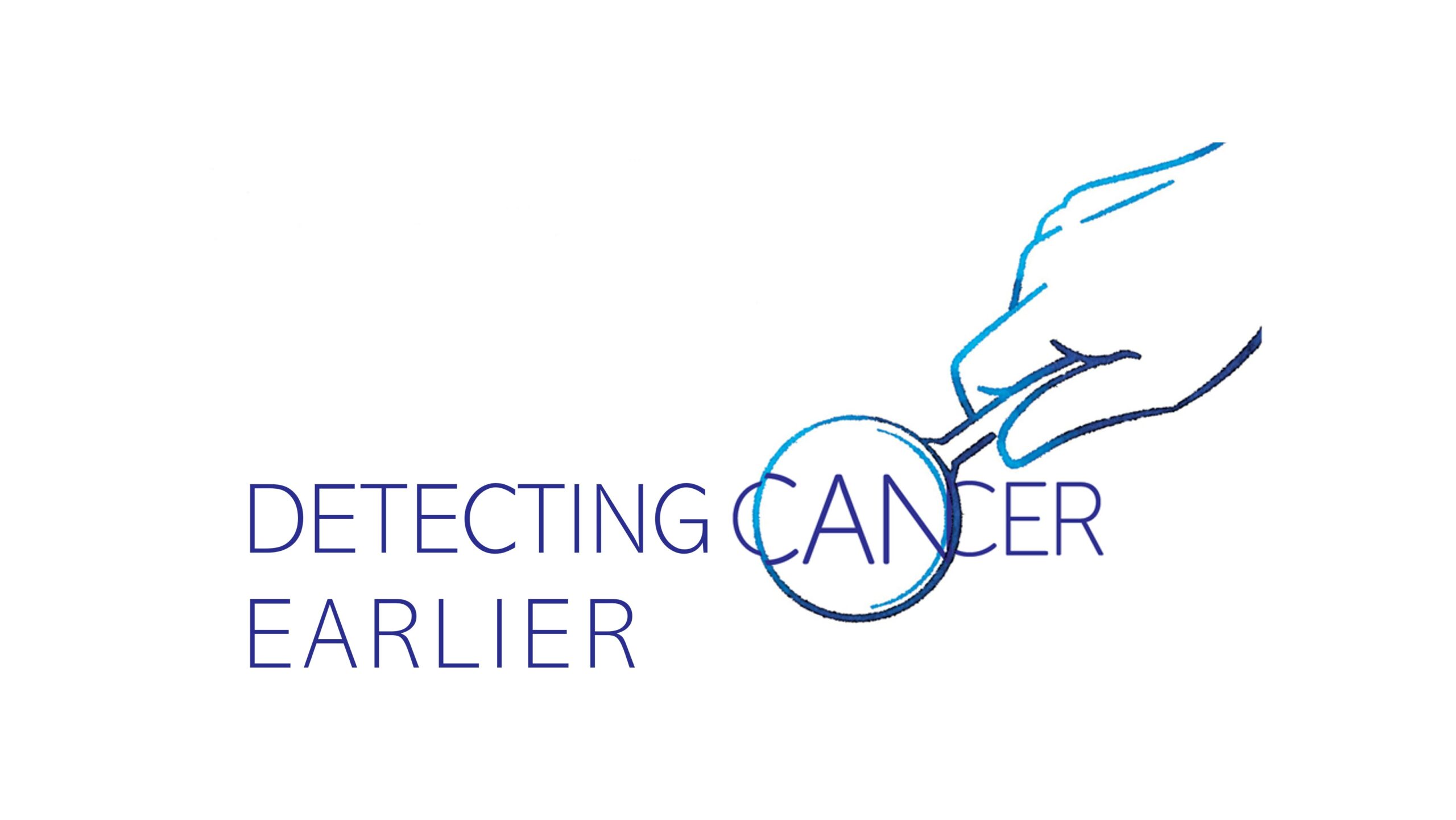Navigating Canada’s MedTech Sector: Challenges and Prospects
Canada’s MedTech industry is at a pivotal moment, with projections indicating the market could surpass $22 billion by 2029. The country is well-positioned to lead health innovation, yet startups face significant hurdles that make success difficult to achieve.
At Celer Diagnostics—a company dedicated to advancing in-vitro diagnostic kits—we’ve encountered these obstacles firsthand. The journey from scientific concept to practical application is rarely straightforward, as regulatory barriers, funding shortages, and infrastructure limitations can slow even the most promising advancements.
Canada’s Innovation Advantage
Canada is home to world-class research institutions, a highly skilled workforce, and initiatives like the Startup Visa program that attract international talent—key assets for entrepreneurs entering the MedTech space.
Our founder, Faezeh Shekari, benefited from this program, collaborating with advisor Saeed Zeinali to establish Celer Diagnostics. With support from the Manitoba Technology Accelerator and guidance from NextStars, we developed a diagnostic kit designed for faster, more precise results. Yet the real challenge began only after scientific validation.
Key Obstacles for MedTech Startups
Despite Canada’s strengths, MedTech entrepreneurs face persistent challenges:
- Complex Regulatory Approval – Essential for safety but often lengthy, unpredictable, and costly, regulatory processes can delay revenue generation, creating serious risks for small businesses.
- Limited Access to Capital – Canada’s venture capital landscape for MedTech remains underdeveloped, as investors hesitate due to long Return on Investment (ROI) cycles and regulatory uncertainties, making early-stage funding scarce.
- Scarcity of Affordable Lab Space – Certified wet labs necessary for diagnostic testing are both rare and expensive. Even in major hubs, high costs and long waitlists hinder accessibility.
- Slow Market Integration – Hospitals and clinics may be reluctant to adopt new technology, as transitioning requires workflow adjustments and staff training, regardless of potential benefits.
Proposed Solutions for a Thriving MedTech Ecosystem
At Celer Diagnostics, our vision extends beyond product development—we aim to strengthen the industry. Based on our experience, we
advocate for:
- Investment in Shared Lab Facilities – Nationwide access to cost-effective wet labs would lower expenses and accelerate innovation.
- Expanded Funding Opportunities – Early-stage grants, tax incentives for angel investors, and MedTech-focused venture capital programs could fill funding gaps.
- Simplified Regulatory Processes – Maintaining safety while offering clearer startup-specific guidance could help reduce approval delays.
- Pilot Programs in Healthcare – Hospitals should have greater opportunities to collaborate with startups in testing new technologies, speeding up adoption.
Looking Ahead
To ensure Canada retains its leadership in health innovation, it must foster growth at every stage—from ideation to commercialization. Without meaningful reform, promising ideas and talented individuals may seek opportunities in better-funded environments with fewer bureaucratic obstacles.
Celer Diagnostics remains dedicated to pushing the boundaries of diagnostic technology, and we urge policymakers, investors, and healthcare professionals to join us in shaping an environment where groundbreaking innovations can thrive.
Read the full article (pages 14 & 19): Canadian Healthcare Technology (CANADA’S MAGAZINE FOR MANAGERS AND USERS OF INFORMATION SYSTEMS IN HEALTHCARE VOL. 30, NO. 3 APRIL 2025) by Faezeh Shekari and Saeed Zeinali, How Canada could improve its medtech capabilities.






